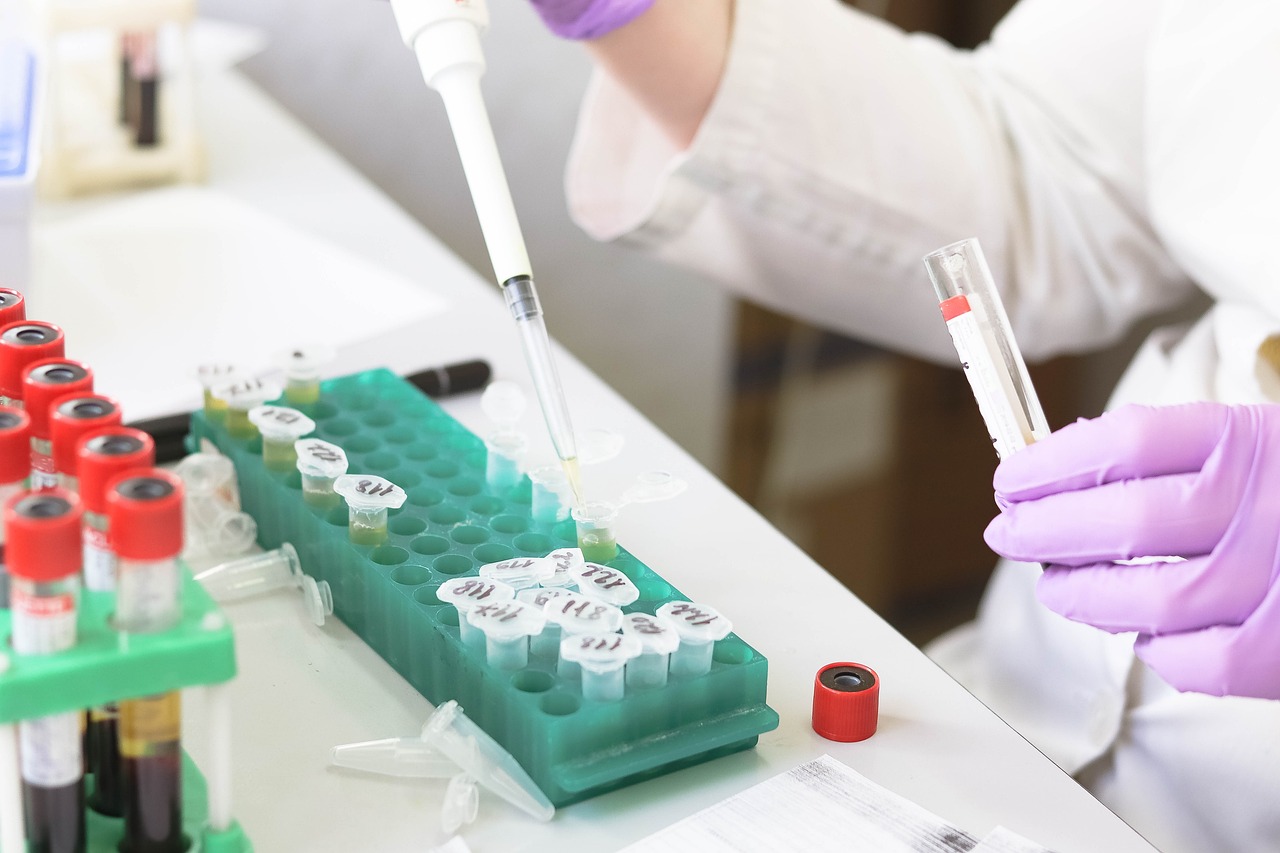“Industry Minister Karen Andrews has today outlined a positive direction for Australian industry which importantly stresses a need for greater emphasis on manufacturing and a focus on our comparative advantages as we reboot our economy,” Innes Willox, Chief Executive of the national employer association Ai Group said today.
“In recent weeks manufacturing has gained more public and political attention than at any time for a generation. The shortages of vital equipment generated an important debate about Australia’s management of global supply chains. At the same time, it is equally important that we develop our capabilities in other industries including in information and communications; services related to the digitalisation of economic activity; agriculture and energy.
“We have learned hard lessons about overreliance on single sources of imports. However, we should not forget the wealth we have accrued generated as a trading nation. Reconciling the competing pressures lies in understanding what is strategically important and in valuing diversity of supply and flexible capacity underpinned by solid foundations in innovation, science, engineering and basic manufacturing nous.
“Building greater resilience is best achieved by developing more competitive domestic capabilities and by harnessing the benefits of international trade and investment to enhance and complement those capabilities. Greater and more sustainable resilience will not come by insulating Australia from international engagement and competition. International trade opens up a world of opportunities and the challenge for the country is how best to reduce the vulnerabilities while maintaining an economy that enjoys the considerable benefits of being open to imports, investment and migration.
“We need to strike a balance: focus our attention on what we genuinely need to do here; ensure we strive towards excellence in what we do – including by aiming to leverage that excellence through exporting; and supplement self-sufficiency with other strategies that build resilience.
“The national imperative of building resilience will require more rigorous management of the risk of supply chain disruption in individual businesses as well as coordinated guidance and direction from Australia’s governments. We need a national debate on the degree to which we strive for economic sovereignty as a strategy to build resilience; the adoption of alternative strategies; and how we reconcile the resilience imperative with the importance of ensuring we have competitive industries and remain open to international engagement.
“Skills and energy remain the two biggest challenges that stand out for local manufacturing. This was the case before COVID-19 and remains so. We need to focus on strategies that support the most vulnerable and hardest hit such as youth and apprentices who have suffered a disproportionate loss of jobs.
“Our apprentices have been one of the hardest hit groups with 15,000 apprentices and trainees either stood down, suspended or cancelled since 1 March. Strategies to commence, continue, and re-engage apprentices should be at the forefront of government and business recovery efforts.
“Energy is a critical part of the future of Australian manufacturing. Australia could build a more durable energy advantage by reforming and investing now to deliver an energy system that can sustain durably low prices; reduces emissions and radically improves our energy productivity.
“Finally, our economy won’t readily reboot until there is renewed confidence from the community and that will need to be driven by our political leaders. Unnecessary, and misdirected signals such as keeping state borders closed will undermine a return to confidence.
“As we consider the future, we also need to be cognisant of the fact that many areas are doing it tough and will do so for many months. Ai Group’s latest Australian Performance of Business Index recorded it worst-ever fall in activity in April and our Australian Performance of Manufacturing Index in April saw the lowest activity levels in the survey’s near three-decade history.
“As our economy returns to work, the hope is that the orders which have dried up in recent weeks will once again pick up and strategies such as those outlined by Minister Andrews today will help put Australian businesses in the box seat for the recovery,” Mr Willox said.







